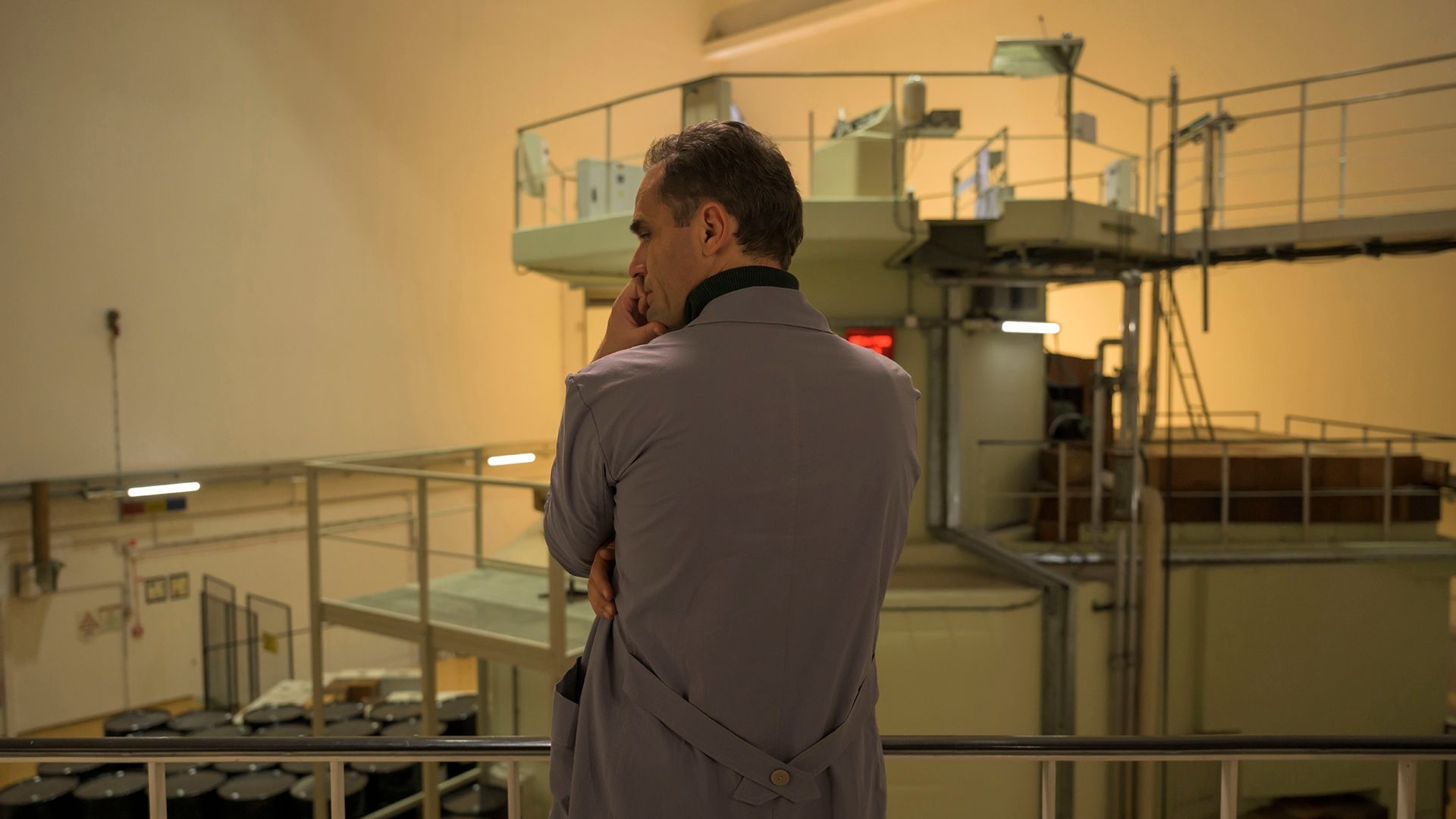
Industry@Tallinn & Baltic Event is delighted to showcase the film industry of this year's Focus countries, Serbia and its Southeast European neighbors - Croatia, Montenegro, North Macedonia, Slovenia. The lineup features numerous projects hailing from Serbia, Croatia, Montenegro, North Macedonia, and Slovenia.
16 November, 15:30-16:30, Nordic Hotel Forum, Capella
Focus on Serbia and its SEE neighbours showcases ten projects in various categories of the Tallinn Film Festival's Industry Programme, five short films, thirteen contemporary feature films and eight significant works created in the 1970s that represent the Black Wave - an informal but important aesthetic-political wave of Yugoslav cinema.
The flywheel and the motivation for Tallinn's gaze to be focused on South-Eastern Europe is the detected effort of film centres of ex-Yugoslav countries to harmonise their rules, synchronise their calendar and establish a balance and reciprocity in supporting projects in the field of minority co-productions supported at competitions. The history of co-productions - sometimes between ex-Yugoslav republics and with foreign partners - is rich and varied. The Film Funds and Agencies, plus leading professionals from Focus Countries will talk about this exciting region and its creative potential today.
Serbia
Vera Bakajić, International Relations, Film Center Serbia
Nedeljko Bajić, producer, Heroes of Halliard
Milan Todorovic, producer, EGF project The Beast from Below
Danilo Bećković director, Co-Production Market project Monte Zombie
Croatia:
Maja Vukić, Deputy CEO, Croatian Audiovisual Centre
Rea Rajčić, producer, Pogana
Montenegro:
Marko Eraković, International Promotion Advisor, Film Centre of Montenegro
Nikola Vukčević, director, Works in Progress project The Tower of Strength
North Macedonia:
Bojan Lazarevski, CEO, North Macedonia Film Agency
Slovenia:
Lia Pogačnik, Co-production Market project Uncomfortable Beings
The invitation extended to Serbia to be in the Focus naturally extended to its cinematographic friends and reliable partners—Slovenia, Croatia, North Macedonia, and Montenegro, now individual states once constituting the former republics of Yugoslavia.
In February of this year, Angela Schanelek's film Music, produced in co-production with Serbia, was showcased and honoured in Berlin. At this year's Cannes Festival, the only film from Eastern Europe in any competitive selection was Lost Country by Vladimir Perišić, a co-production involving Serbia, Croatia, France, and Luxembourg. Guardians of the Formula by Dragan Bjelogrlić, a co-production with contributions from Serbia, Slovenia, Montenegro, North Macedonia, and France, graced the screen at Piazza Grande in Locarno and also serves as the opening film of the Tallinn Black Nights Film Festival.
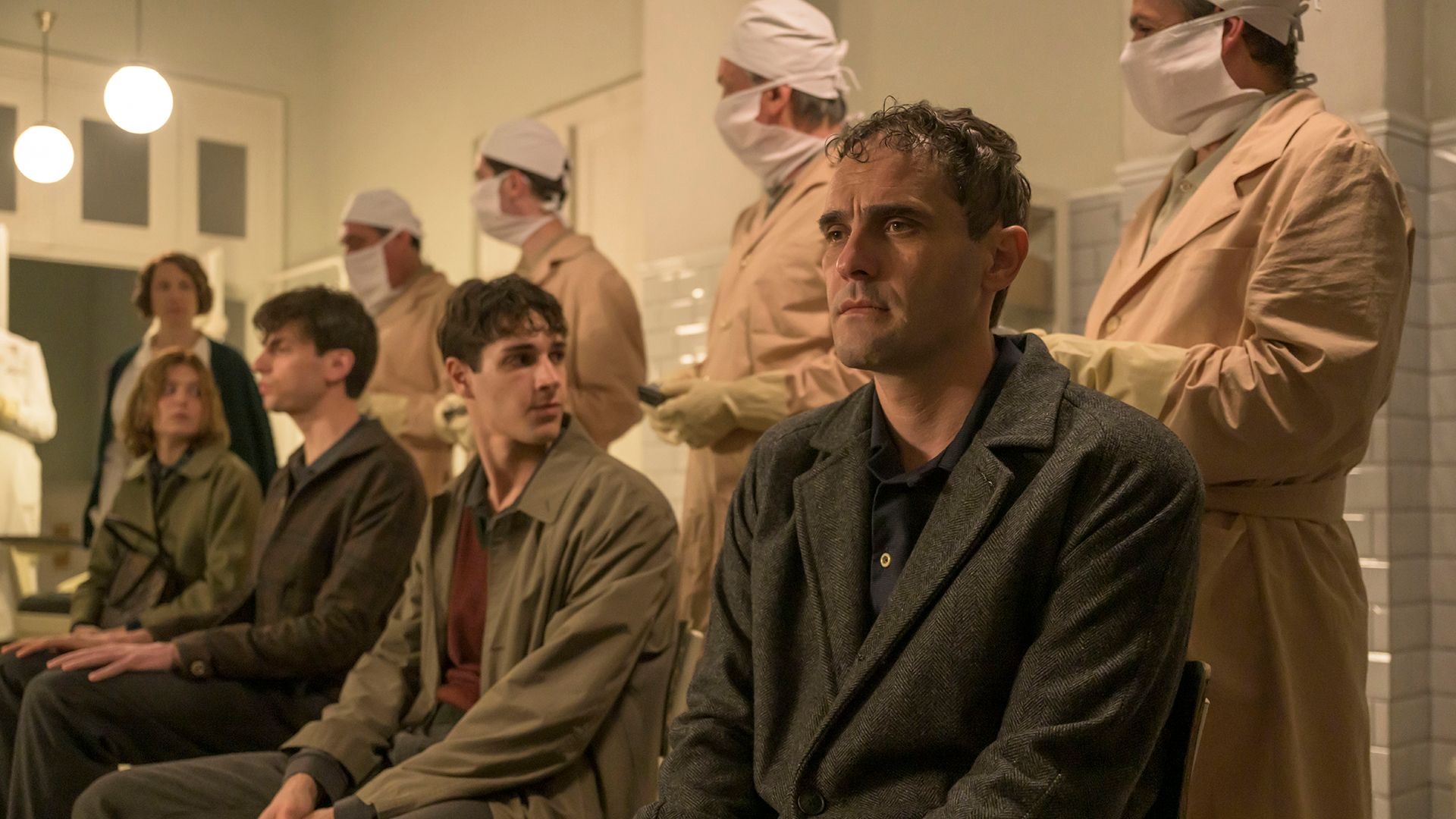
Co-production activities in the region did not emerge post the dissolution of the joint country, just as the arrival of the first foreign producers did not commence during that time either.
Out of the 930 feature films created during the SFRY period from 1945 to 1991, 54 co-productions with foreign partners and 134 "internal" co-productions between producers from the Yugoslav republics were produced. Even during the breakup of Yugoslavia, collaboration and communication persisted among producers, transcending political antagonism and nationalism.
Presently, Serbia produces around thirty feature-length films and documentaries annually. The budget allocated to Film Center Serbia stands at 10 million euros. Viewers have access to 139 cinema screens in 88 locations. The proportion of domestic films in the cinema repertoire is approximately 20% (7.57% during the Covid pandemic of 2020, rising to 39.09% a year later, when the domestic hits Toma and South Wind 2 graced theatres).
Film Center Serbia organises 29 competitions annually to support various cinematic activities. The majority of funds are invested in the production of domestic films (1/3 of the budget), with close to 10% allotted for supporting minority co-productions. In the 2017-2022 period, the largest portion of awarded funds in competitions for supporting minority co-productions went to projects from Croatia (29), Slovenia (15), Montenegro (11), and North Macedonia (10). Among other European countries, Romania (6) leads, while Greece and Germany follow closely with (5) projects each.
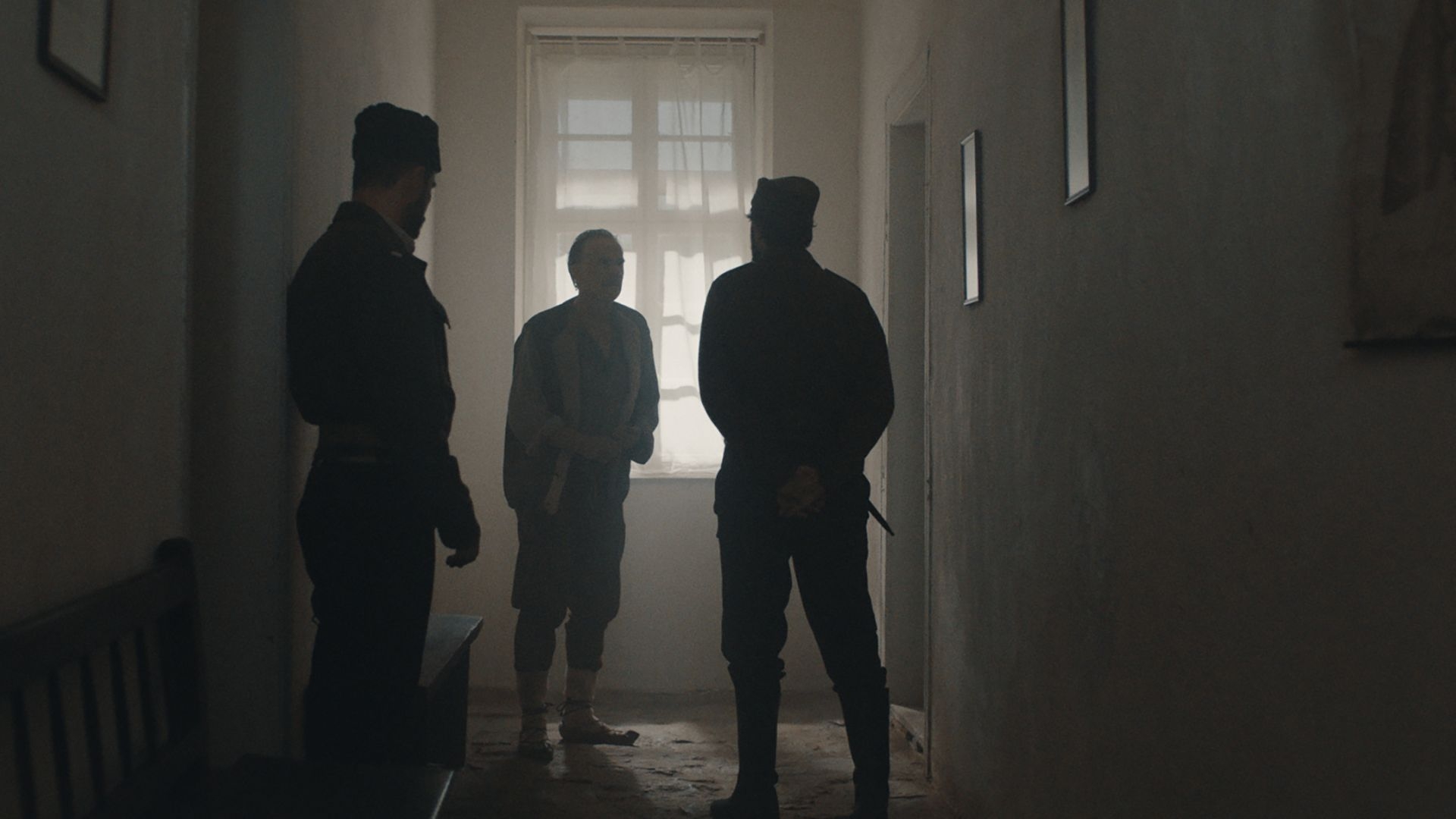
A plethora of feature films and several short films in various programme segments of the Festival in Tallinn, along with eight projects from five countries, form a vibrant landscape and offer a more than adequate representation of cinematography in Serbia and the neighbouring countries of Southeast Europe.
Ivan Karl
Acting Director
Film Center Serbia
Stills:
Guardians of the Formula by Dragan Bjelogrlić, Serbia/Slovenia/Montenegro/North Macedonia
Heroes of Halyard by Radoš Bajić, Serbia
The Croatian Audiovisual Centre stands as the Government-backed strategic agency for Croatia's audiovisual sector. Its broad scope includes supporting development, production, distribution, exhibition, marketing, and promotion, as well as professional training and bolstering the national film archive through public subsidies. In 2022, HRK 69,228,761.00 (€9,188,235.58) were allocated for program activities supported by HAVC.
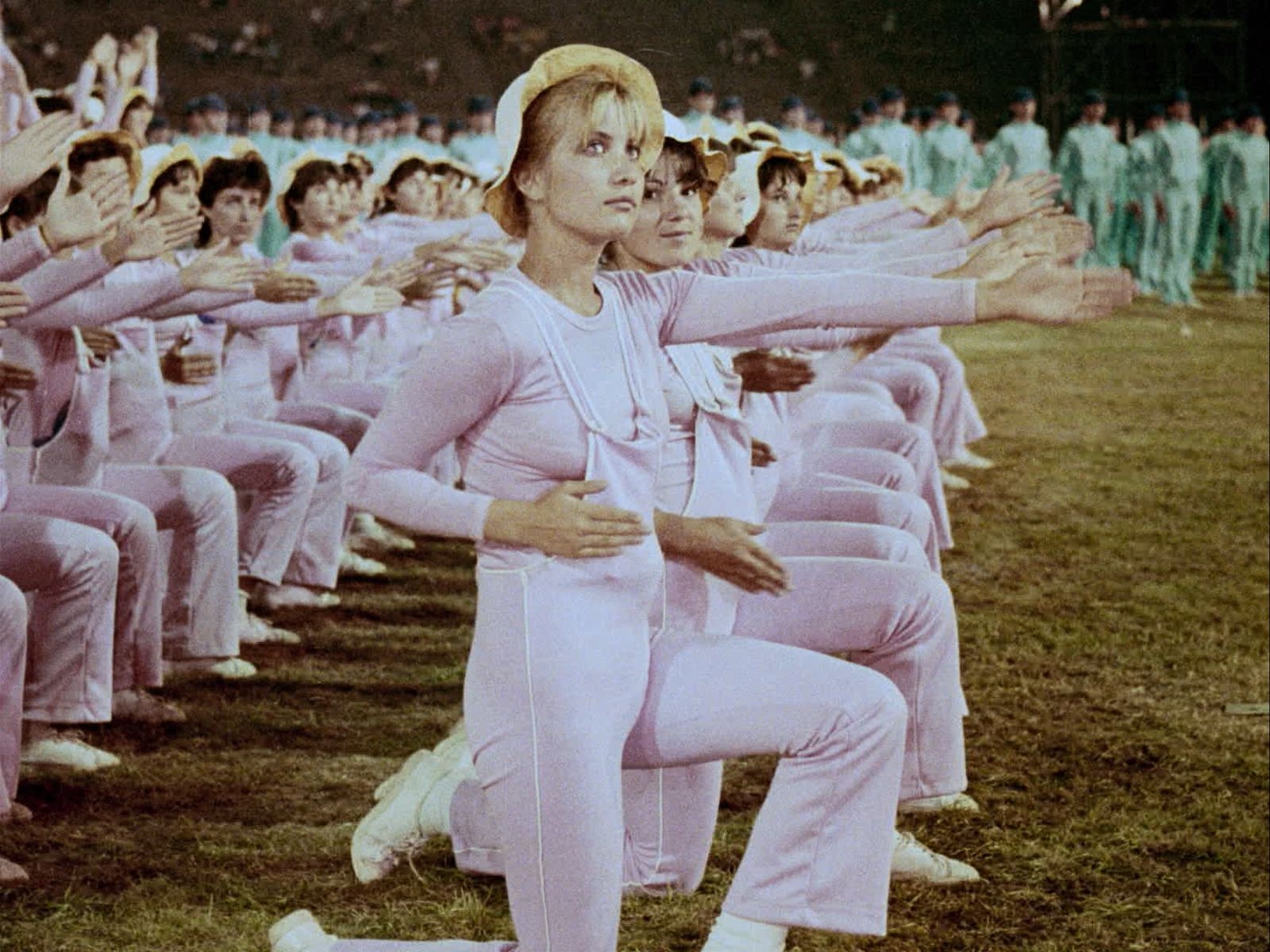
In 2022, the Croatian Audiovisual Centre co-financed nine feature-length fiction films, with an additional 18 feature minority co-productions receiving support. The total number of feature-length documentary films benefiting from HAVC production subsidies (including minority co-productions) in 2022 was 13. The Centre consistently champions the production of short fiction, feature-length and short animated, documentary, and experimental films. In 2022, a total of 58 diverse projects received subsidies. HAVC also places special emphasis on minority co-productions, supporting the production of five feature-length documentary co-productions, two short fiction, and two short animated films in this category in 2022.
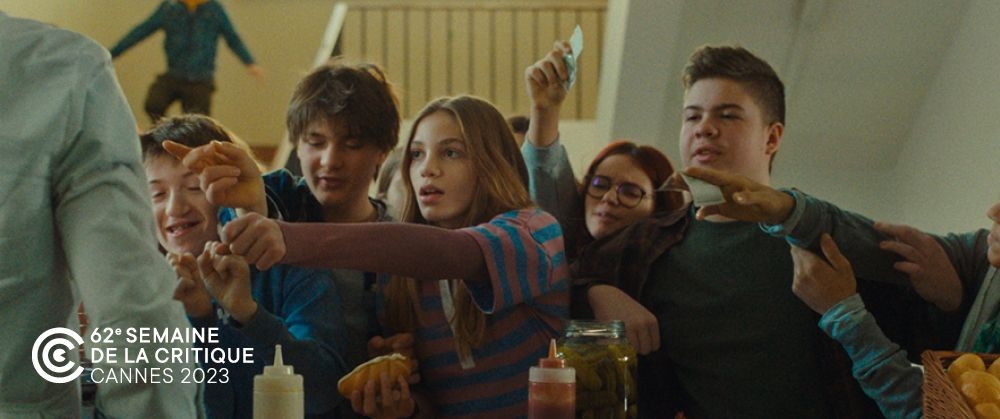
During 2022, 32 feature-length titles (11 more compared to the previous year), including eight minority co-productions, had domestic theatrical releases. Additionally, 25 films had their premiere screenings, comprising 17 fiction feature films and eight documentaries, with a record number of debut films. Domestic film admissions increased from 174,409 tickets sold in 2021 to 220,776, continuing the growth trend. Consequently, 2022 emerged as the fourth-best year in domestic admissions since the founding of the Croatian Audiovisual Centre. In total, domestic films grossed HRK 6.4 million (7.2% market share).
As of 2022, there are 109 cinemas in Croatia, boasting 210 screens. Out of these, 102 cinemas are digitised, and 18 cinemas are members of the Europa Cinemas network.
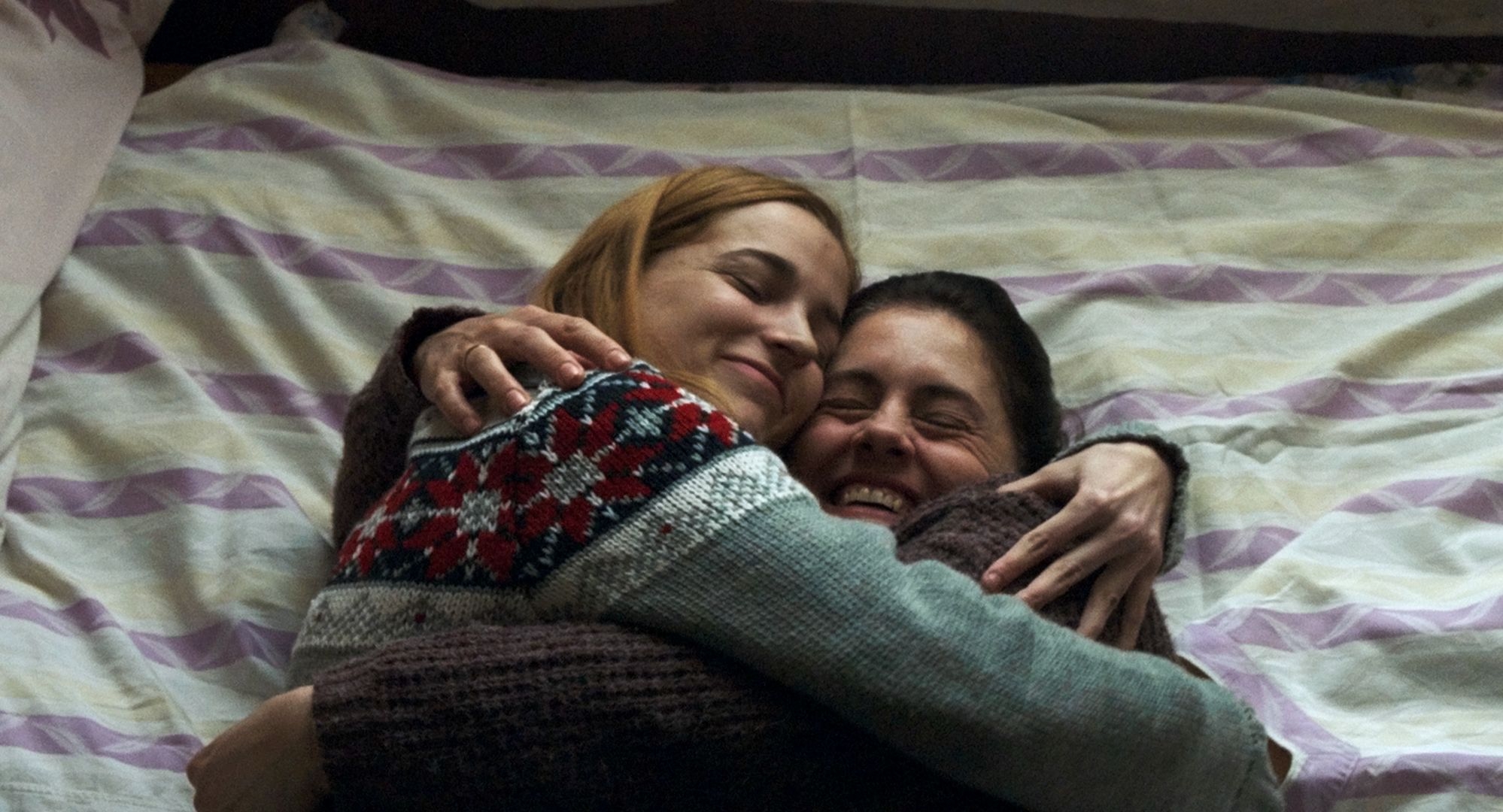
In February, the feature-length documentary film Between Revolutions premiered at the 73rd edition of the Berlinale, a co-production with Croatian producer Restart. At the Annecy International Animated Film Festival, four Croatian films were showcased: Dress for the Finale, Eeva, 11, and Remember How I Rode a White Horse. Two Croatian films had their world premieres at the Cannes Critics' Week: The Real Truth about the Fight by Andrea Slaviček, a short fiction film produced by Croatian Antitalent, and Lost Country by Vladimir Perišić, a feature-length fiction film co-produced with France, Serbia, Luxembourg, and Croatia through Kinorama. At the Locarno Film Festival, the film Don't Expect Too Much from the End of the World by Radu Jude, a co-production involving Luxembourg, France, Kinorama, and Romania, had its world premiere, as did the film Excursion by Una Gunjak, a co-production of six countries: Bosnia and Herzegovina, Croatia, Serbia, France, Norway, and Qatar. The short documentary film 1001 Nights by Ree Rajčić premiered at the 48th International Film Festival in Toronto, along with Working Class Goes to Hell by Mladen Đorđević, a co-production involving Serbia, Greece, Bulgaria, Montenegro, Croatia, and Romania.
Stills from:
Between Revolutions by Vlad Petri, documentary, Romania/Croatia/Qatar/Iran
The Real Truth about the Fight by Andrea Slaviček, short, Croatia
Working Class Goes to Hell by Mladen Đorđević, Serbia/Bulgaria/Greece/Montenegro/Croatia/Romania
The Film Centre of Montenegro, established in 2017 as a public institution, is entrusted with nurturing and advancing the Montenegrin film industry. Its principal objectives include overseeing the national Film Fund, co-financing domestic film production, promoting Montenegrin films and filmmakers globally, managing the filming incentives program, enhancing the legislative framework to support domestic film production, and implementing film education initiatives and skills development programmes.
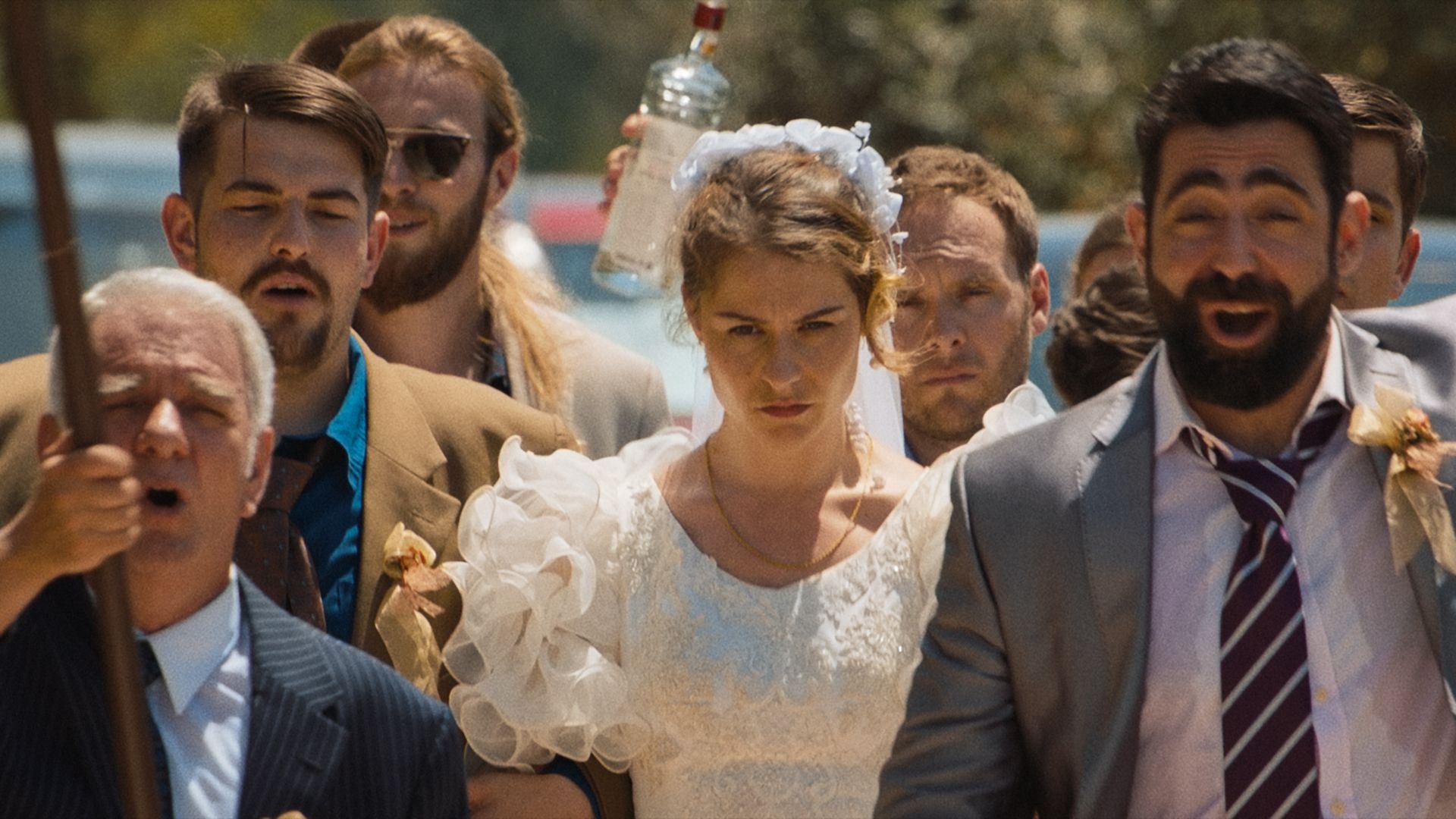
The primary aim of the Film Centre is to manage the national film fund and co-finance the production of films across all genres and categories: short and feature films, short and feature documentaries, animated short films, and minority co-productions. Through annual open calls, the Centre distributes an average of 1 million euros per year to projects in various stages of development and production.
Since establishing the film fund, the Film Centre has co-financed 19 domestic feature films and 33 co-productions with a minority Montenegrin stake, amounting to a total investment of 5,000,000 EUR in the Montenegrin film sector.
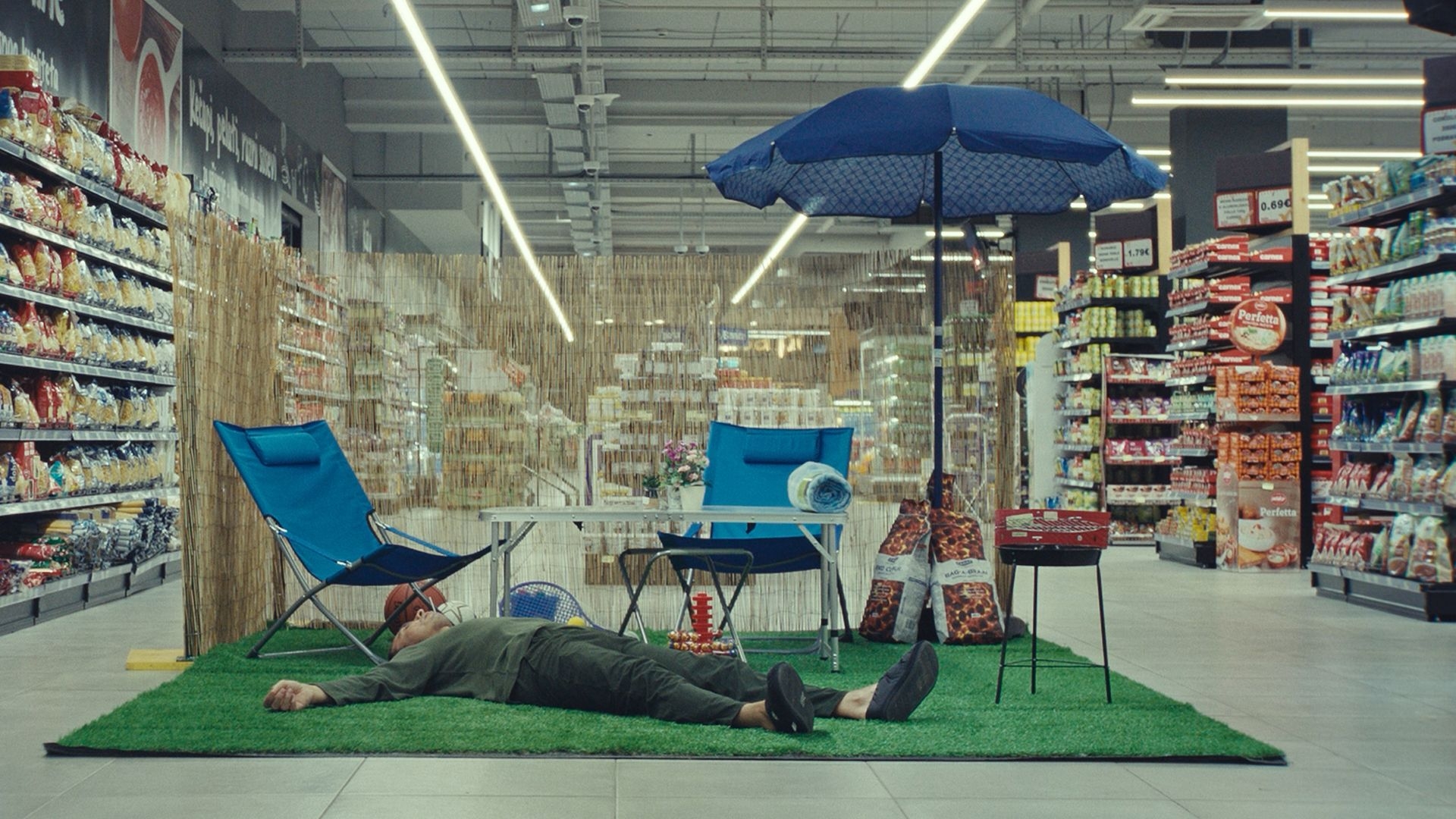
In 2018, the Film Centre of Montenegro introduced its filming incentives program, now promoted at all major film festivals and markets in Europe under the brand "Film in Montenegro." The 25% cash rebate supports feature films, documentaries, and productions for television and TV series, with the latter benefiting significantly since the programme's inception in 2020.
From its inception, the Film Centre of Montenegro has prioritised international cooperation and proudly participates in major European film networks such as the Eurimages, European Audiovisual Observatory, EFAD, Creative Europe MEDIA, European Film Promotion, EUFCN – European Film Commissions Network, SEE Cinema Network, and Film New Europe Initiative. This commitment reflects an ongoing effort to exchange knowledge and best practices with European partners.
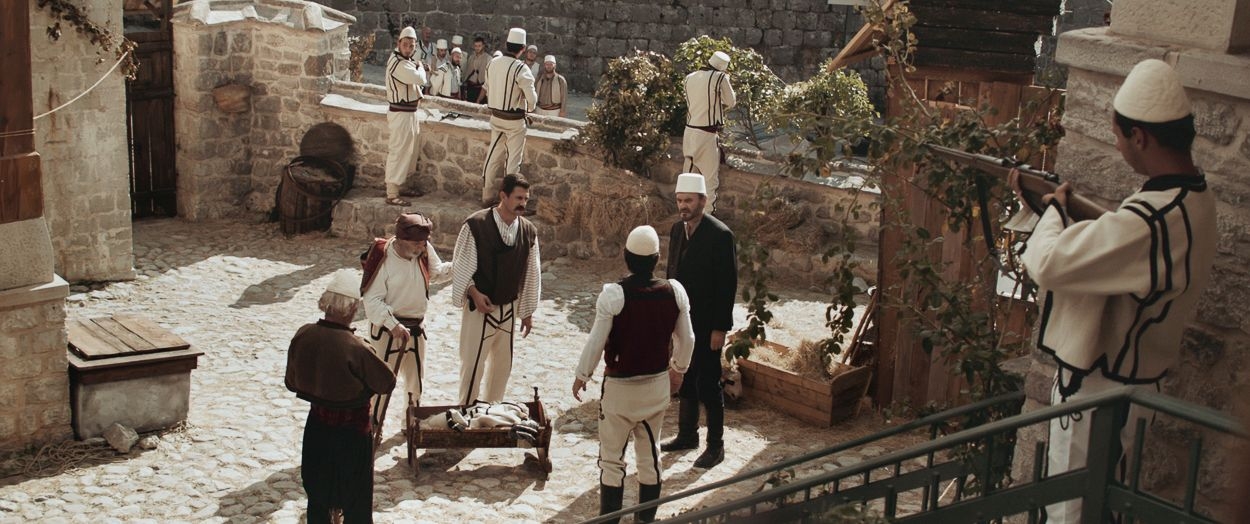
Stills from:
Forever Hold Your Peace by Ivan Marinović, Montenegro/Serbia/Czech Republic/Croatia/North Macedonia/Slovenia
Supermarket by Nemanja Becanovic, Montenegro
The Tower Of Strength by Nikola Vukcevic, Montenegro
The primary goal of the North Macedonia Film Agency is to stimulate and support the growth of the Macedonian film industry. To achieve this, the Agency is committed to providing ongoing support for the production of films of national interest, fostering international filming co-productions, promoting the expert and professional education of film industry professionals, encouraging the creation of national screenplays, showcasing Macedonian cinematography at renowned international film festivals and events, and attracting foreign producers by offering favourable conditions. This, in turn, promotes the Republic of North Macedonia as an attractive filming location.
Despite facing challenges in recent years, Macedonian cinematography has successfully reached a broader audience, regularly taking center stage at major and prestigious film festivals such as Cannes, Berlin, Venice, Sundance, to name a few. It has garnered numerous recognitions and awards, with the dual Oscar nomination of Honeyland (for Best Documentary and Best Foreign Film) being a groundbreaking achievement for a documentary film in Oscar history and a historic moment for Macedonian cinematography.
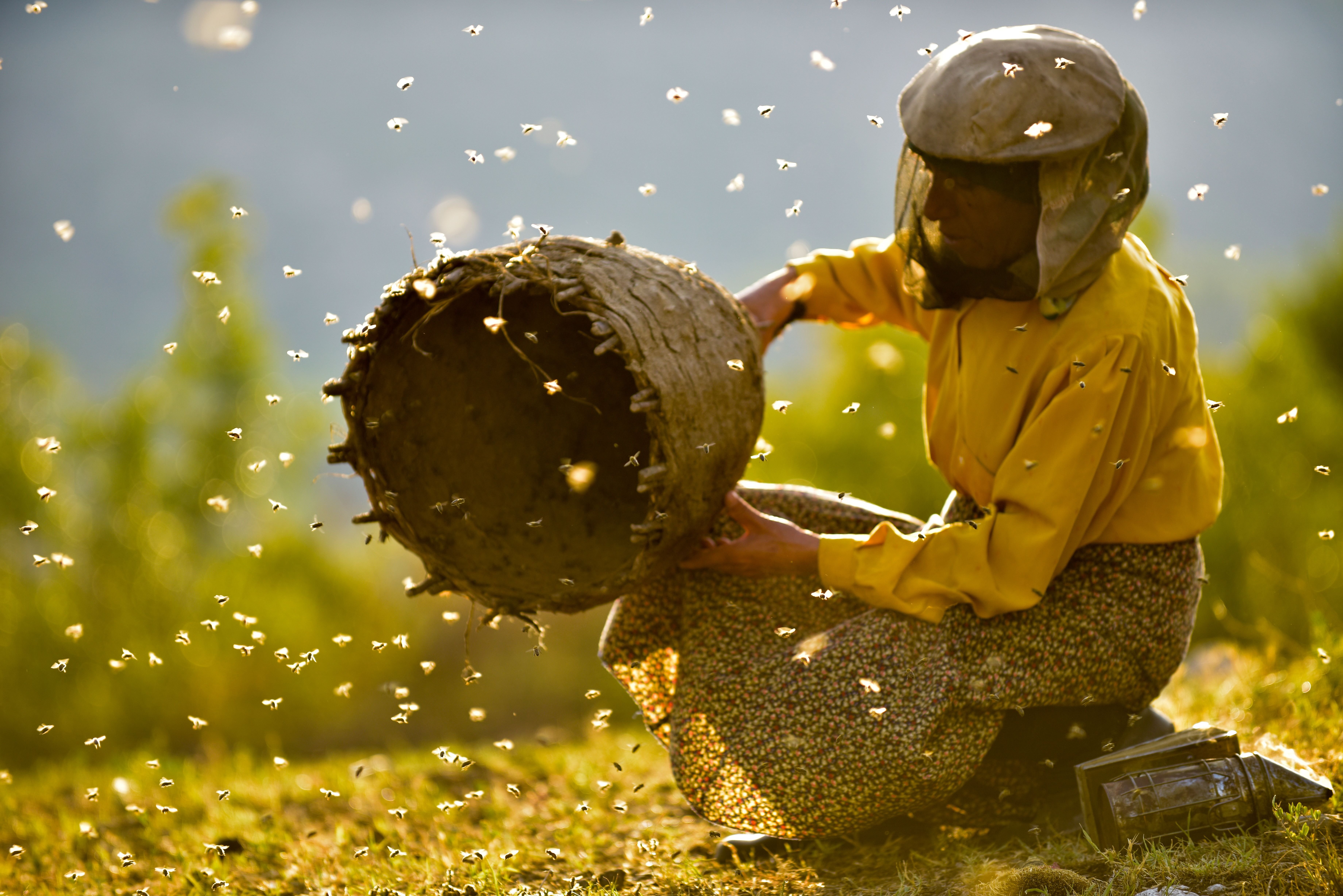
In recent years, the North Macedonia Film Agency has placed special emphasis on nurturing women directors and encouraging new female directors to conceive and initiate original and innovative films.
Simultaneously, the Agency is providing increased openness and logistical support for foreign producers interested in filming at attractive locations in North Macedonia, facilitated by the Production Incentive Programme. Notably, the Agency has focused on enhancing the country’s film production tax incentive, elevating it from 20% to 30%, as an effective measure to bring significant benefits to the national film industry and the economy. Among various support schemes is a minority co-production initiative that allocates funding for projects outside North Macedonia but with Macedonian participation.
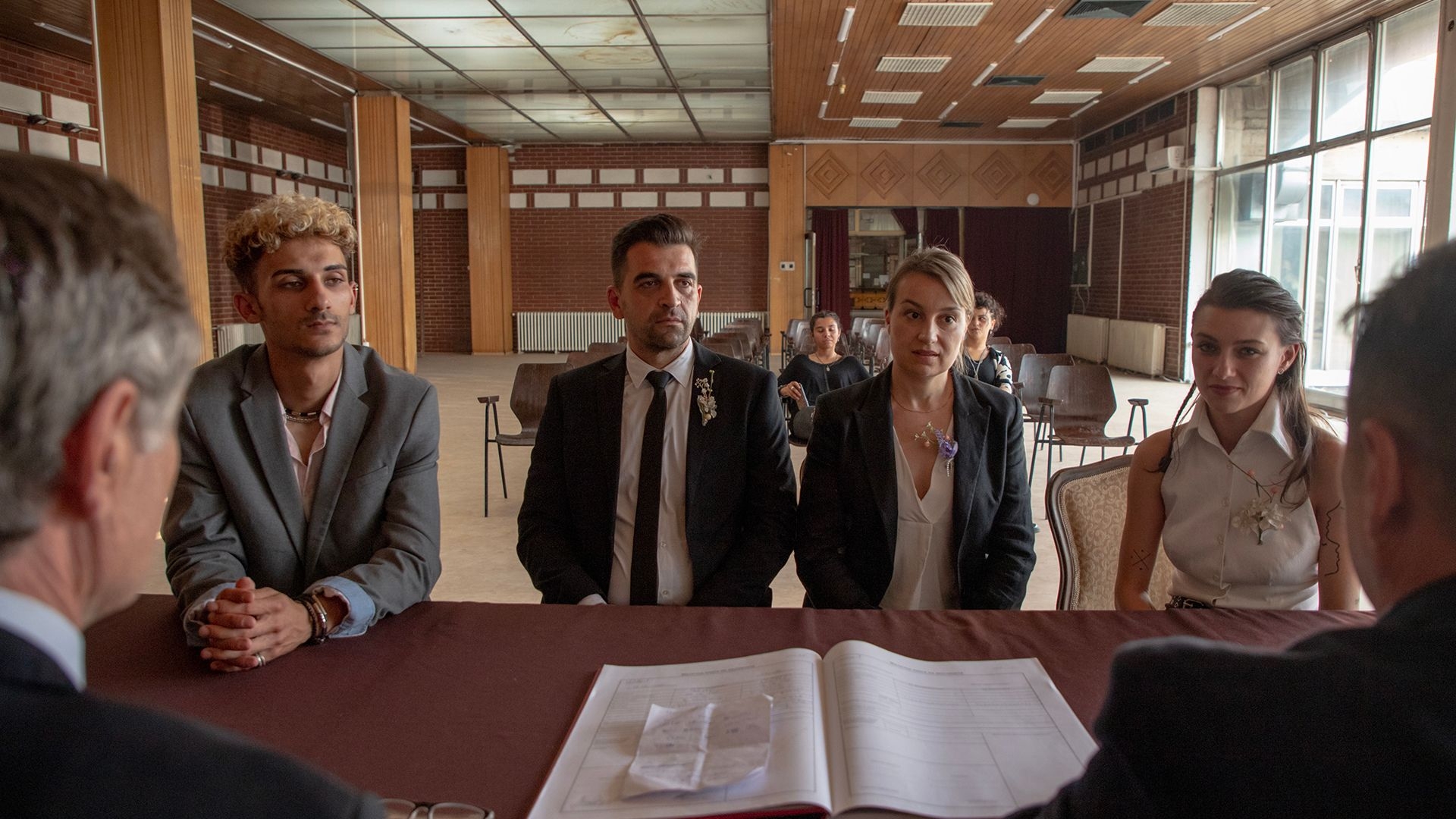
Innovation is a top priority in the Agency’s strategy, to be achieved by promoting new film professionals, fostering new ideas and talents, and engaging in activities to enhance the quality of Macedonian cinematography. Investment in new methods and models of promotion is essential. In addition to deepening existing partnerships, the Agency will explore new forms of cooperation that complement mutual efforts, contributing to the attainment of new and greater successes.
The Agency is steadfastly committed to providing continuous support for the film industry and contributing to its further development, leading to a positive transformation that will position North Macedonia on the map of countries renowned for producing original and high-quality films.
Stills from:
Honeyland by Tamara Kotevska and Ljubomir Stefanov, North Macedonia
Housekeeping for Beginners by Goran Stolevski, North Macedonia/Kosovo/Poland/Croatia/Serbia
Established in 2011, the Slovenian Film Centre (SFC) is the legal successor of the Slovenian Film Fund (1995), the first institution of its kind in new (Eastern) Europe. The SFC holds a significant cultural heritage with production rights for over 800 films produced during the socialist period.
The SFC's financial support spans development (scripts, projects), production (across all lengths, genres, and styles), first-time feature films, minority co-productions, student films, audiovisual works for broadcasting, promotion and distribution of funded films, film festivals, professional associations, film education, and audience building, as well as the digitisation of arthouse cinemas.
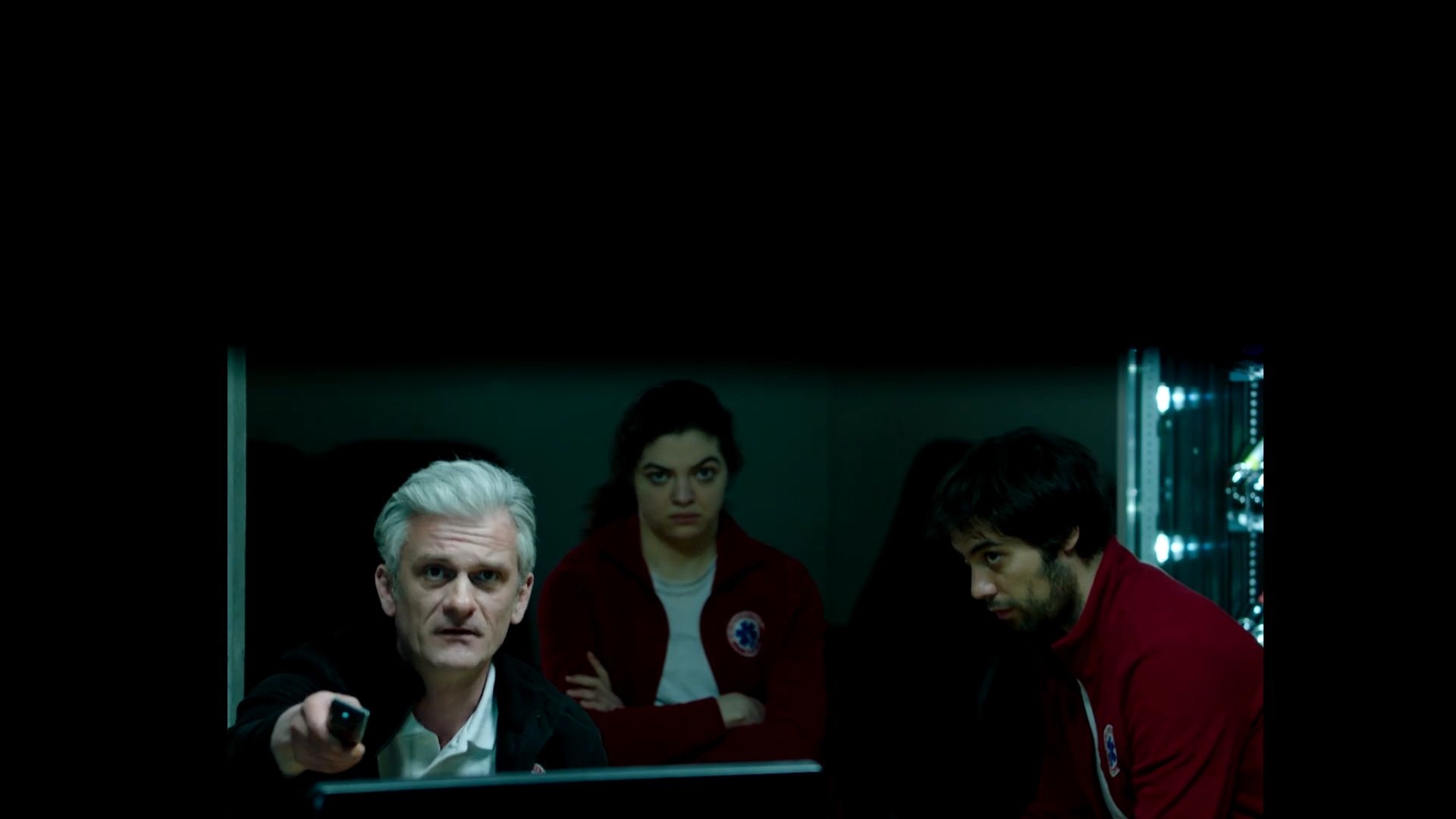
Producers of cinematographic works have the privilege of utilising free services at the state-owned film studio Viba Film, which includes free equipment rental (camera, light, grip), free use of the sound stage studio, and free post-production services for both picture and sound. These services are treated as state aid.
The budget allocated for minority co-productions amounts to 600,000 €, with two open calls annually. Primary co-production partners include Croatia, Serbia, North Macedonia, and in recent years, Montenegro. Italy is the first partner on the western side.
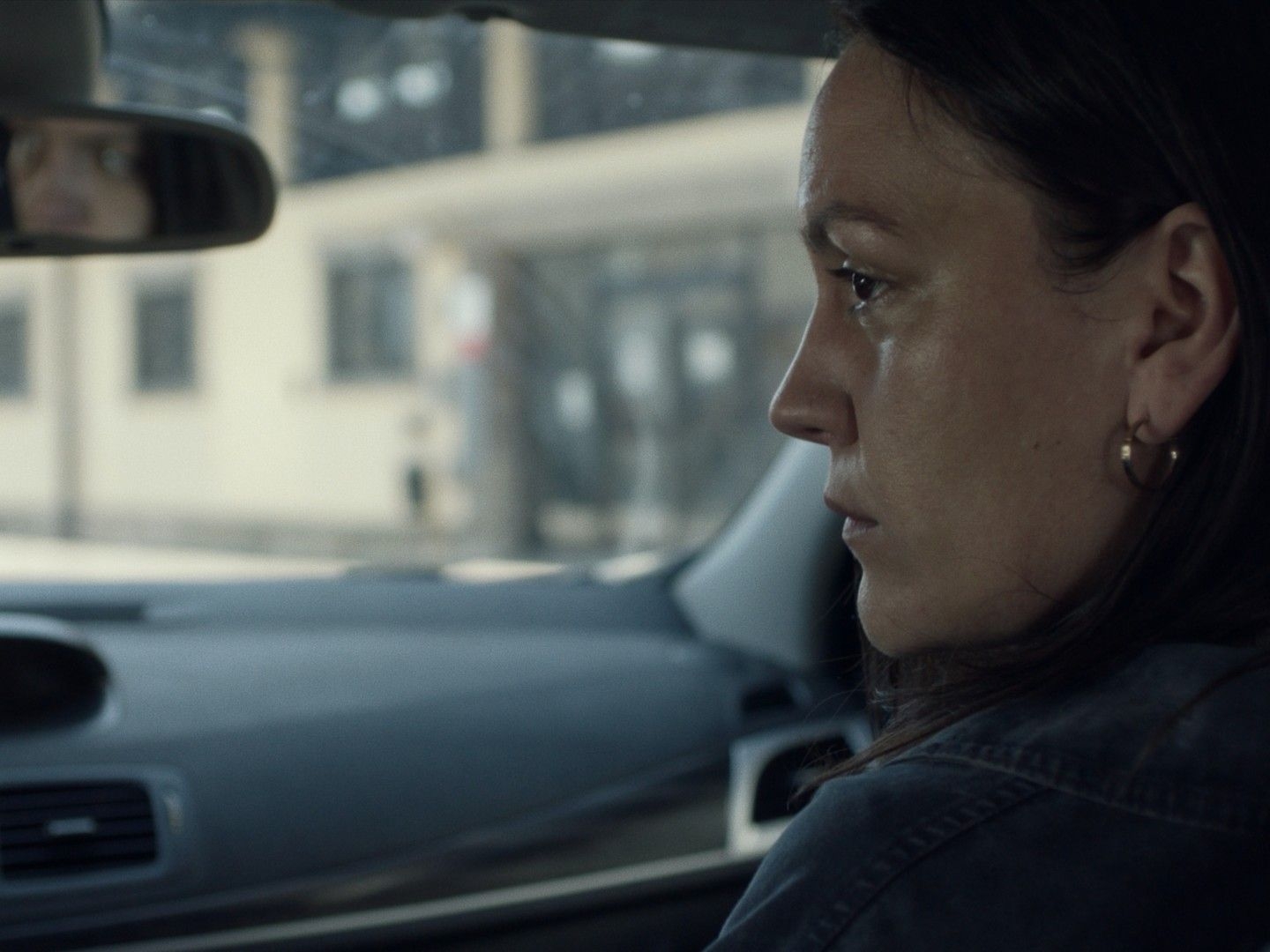
Serving as the main institution, the SFC extends its support to film commission activities, including the promotion of film locations. Since 2017, the SFC has also implemented a 25% cash rebate scheme to encourage shooting in Slovenia, further enhancing the country's appeal as a preferred filming destination.
The years 2022 and 2023 were particularly noteworthy, marking a historic moment as the Slovenian short film Grannies' Sexual Life by Urška Djukić & Émilie Pigeard received both the EFA Award for Best Short Film and the César Award for Best Animation.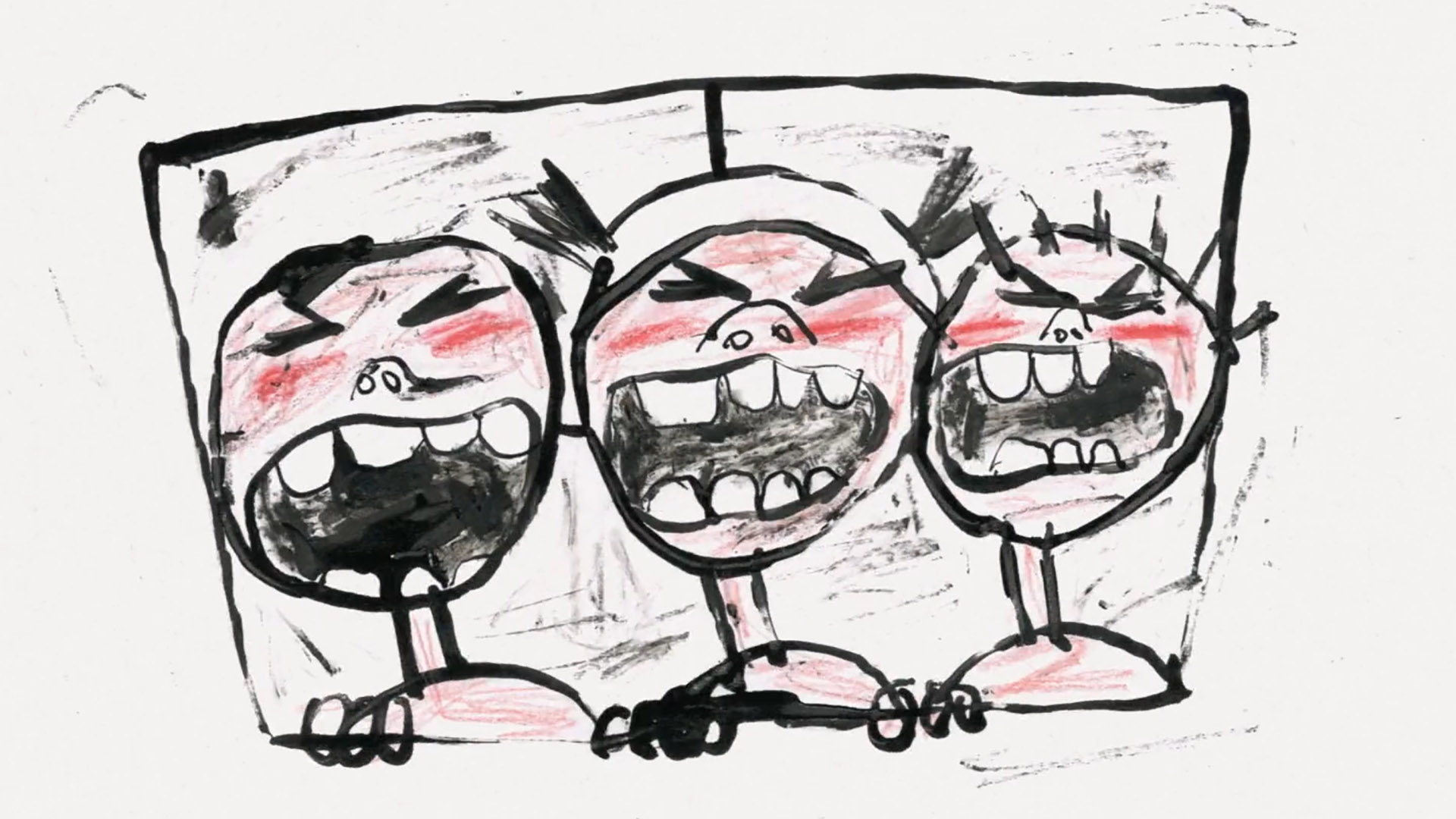
Stills from:
Observing by Janez Burger, Slovenia/Croatia/North Macedonia
Others Remained Silent by Matic Štamcar, Slovenia
Grannies' Sexual Life by Urška Djukić & Émilie Pigeard, Slovenia/France